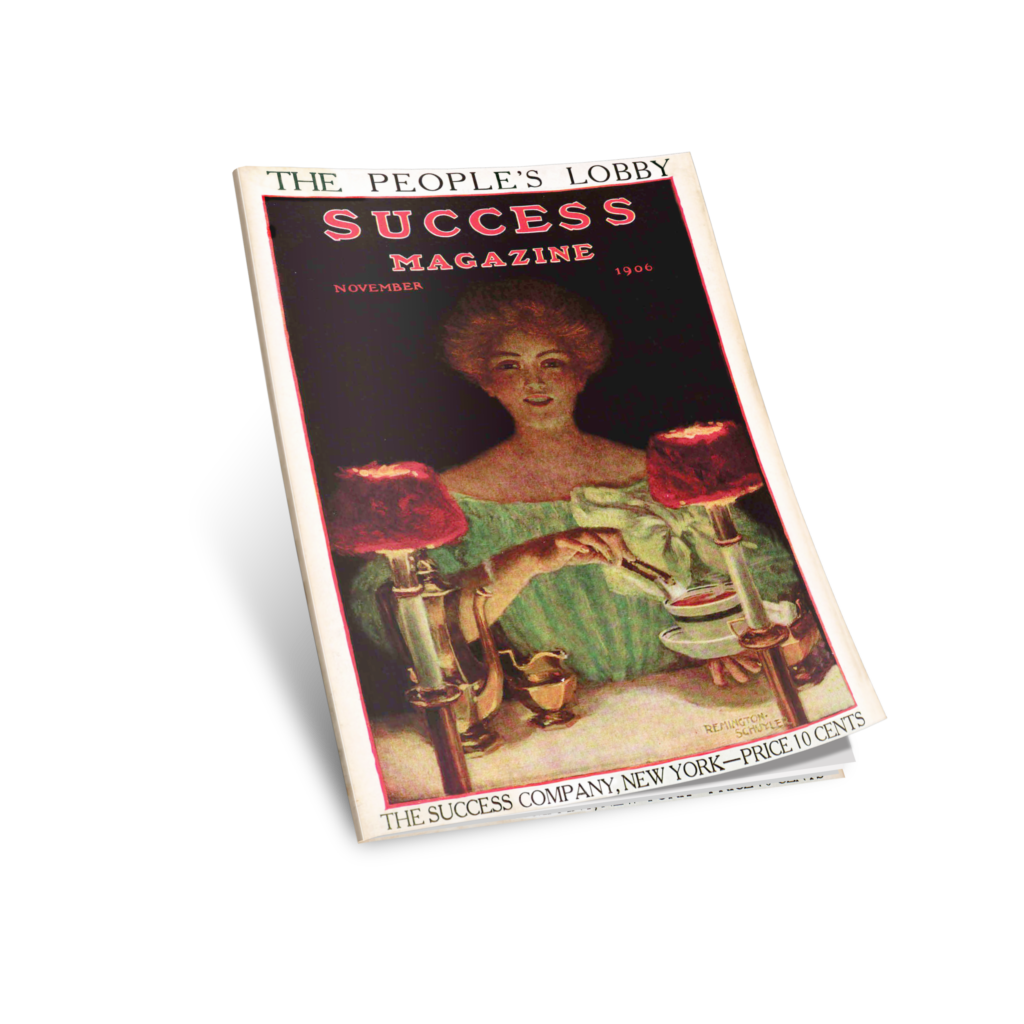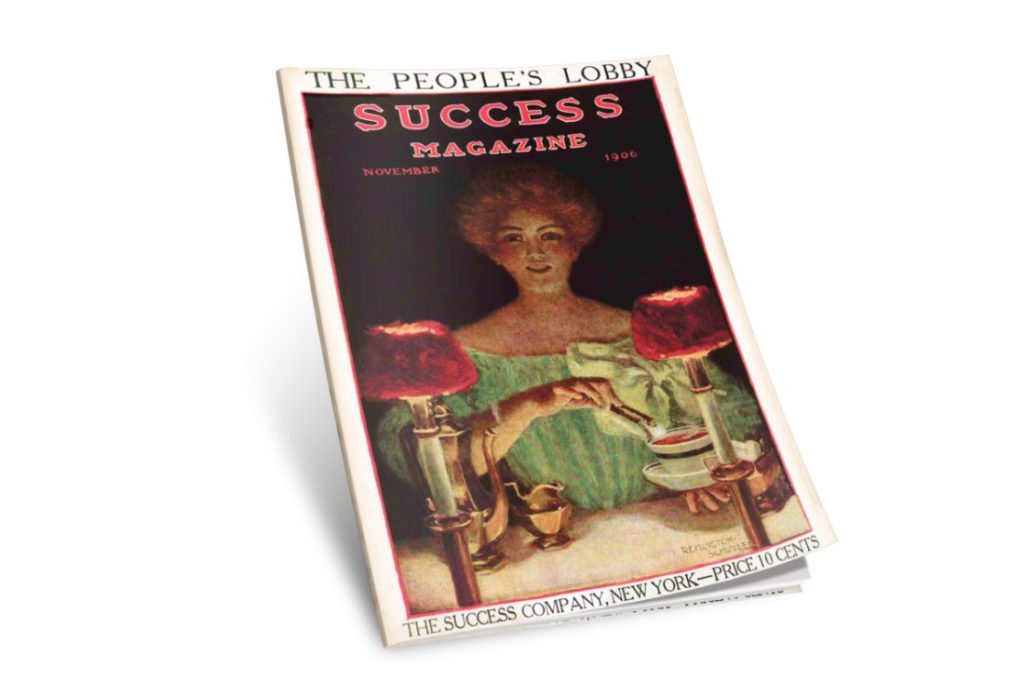I know a rich man who has become such a slave to the habit of economizing, formed when he was trying to get a start in the world, that he has not been able to break away from it. He will very often lose a dollar’s worth of valuable time trying to save a dime.
He goes through his home and turns the gas down so low that it is almost impossible to get around without stumbling over chairs. This man, though now wealthy, tears off the unused half-sheets of letters and cuts out the backs of envelopes for scribbling paper. He is constantly spending time trying to save little things.
He carries the same spirit in his business. He makes his employees save strings from bundles as a matter of principle, even if it takes twice as much time as the string is worth, and practices all sorts of trifling economics equally foolish.
Stinginess and Parsimony Are Not Real Economy
True economy is not stinginess or meanness. True economy, from the broadest standpoint, means the wisest expenditure of what we have. It is not a good thing to save a nickel at the expenditure of 25 cents’ worth of time.
Comparatively few people have a healthy view of what real saving or economy means. I have seen a lady spoil a pair of fine gloves trying to rescue a nickel from a mud puddle. Several people have been run over by streetcars or teams in New York while trying to rescue a dropped package, a hat, an umbrella or a cane.
I know a young man who has lost many opportunities for advancement, and a large amount of business, by false economy in dress and smallness regarding expenditures. He believes that a suit of clothes and a necktie should be worn until they are threadbare. He would never think of inviting a customer or a prospective customer to a luncheon, or of offering to pay his car fare (if he happened to be traveling with him). He has such a reputation for being stingy, even to meanness, that people do not like to do business with him. False economy has cost this man very dear.
No one can afford to transact important business when they are not in prime condition, and it pays one in health and in comfort, as well as financially, to be very good to oneself, especially when health and a clear brain are our best capital.
The Expensive Is Often the Cheapest
Bargain hunters are often victims of false economy. They buy, because they are cheap, a great many things they do not actually need. Then, they will tell you how much they have saved. If they would reckon up what they have expended in a year, they would generally find that they have spent more than if they had only bought what they actually wanted, when they needed it, and had paid the regular price for it.
Many people have a mania for attending auctions and buying all sorts of [things] that do not match anything else they have. The result is that their homes are veritable nightmares as to taste and fitness of things. In addition, their search for a bargain means that they never get the first, best wear of anything. These secondhand things are often just on the point of giving out and constantly need repairing. Beds break down, legs come off bureaus, castors are always coming out and something is going to pieces all the time. This foolish buying is the worst kind of extravagance. Quality and durability should be the first considerations in buying anything for constant use. Yet, many people keep themselves poor by buying cheap articles that do not last.
Good Quality Is the First Requisite

No greater delusion ever entered a businessman’s head than that cheap labor is economy. Trying to cut the payroll down to the lowest possible dollar has ruined many a concern. Business owners who have been most successful have found that the best workers, like the best materials, are the cheapest in the end. The breakage, the damage, the losses, the expensive blunders, the injury to merchandise, the loss of customers resulting from cheap labor are not compensated for by low wages.
Anyone who tries to get superior results from inferior methods, from cheapness in quality of material or service, deludes themselves. Cheap labor means cheap products and a cheapened reputation. lt means inferiority all along the line. The institution run by cheap help is cheapened and means a cheaper patronage.
When Saving Money Means Losing Health
Some people never get out of the world of pennies into the world of dollars. They work so hard to save the cents that they lose the dollars and the larger growth—the richer experience and the better opportunity. Everywhere, we see people wearing seedy, shabby clothes; stopping at cheap, noisy hotels or boarding houses; and sleeping on uncomfortable beds. They ride for days in cramped positions in day coaches in order to save the price of a parlor-car chair or a Pullman seat, sitting up all night to save the expense of a sleeper. All these are economies that cost too much for those who can possibly afford better.
If someone is going to do their best work, they must keep up their mental and physical standards. They must keep a clear brain and level head, and be able to think vigorously. They cannot think effectively without pure blood, and that requires good food, refreshing sleep and cheerful recreation.
Of course, we realize that those who haven’t the money cannot always do that which will contribute to their highest comfort and efficiency, but most people overestimate the value of a dollar in comparison with their physical well-being. Power is the goal of the highest ambition. Therefore, anything which will add to one’s power, no matter how much it costs, is worth its price if it is within possible reach.
This article originally appeared in the November 1906 issue and was republished in the November/December 2022 issue of SUCCESS magazine.




